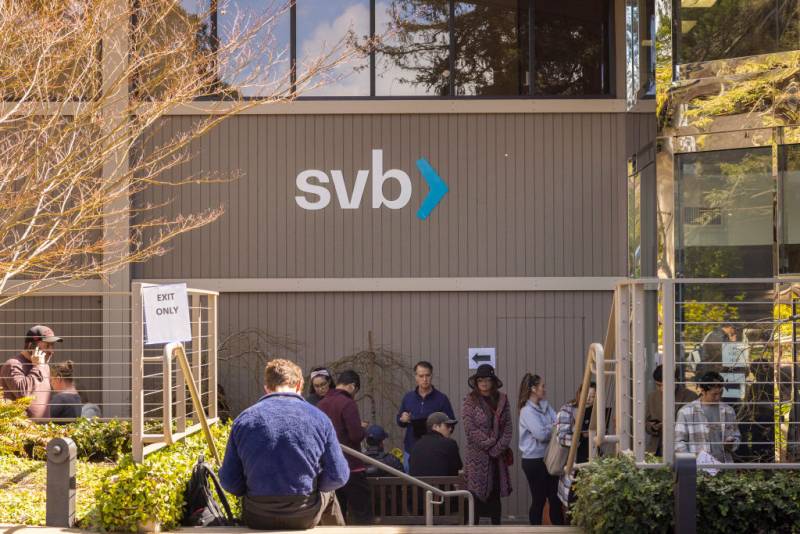“We’ve seen the regulators step in to provide real support for depositors, and we agree that was an important step … and so we’re glad that the depositors are going to be protected,” Gonzalez-Brito added. But, she said, “we hope that there’s going to be just as much attention from the regulators to protect” the agreement.
Gonzalez-Brito said she’s heard that private equity and hedge fund managers are interested in buying the bank, which she said may not bode well for the future of the agreement.
“If a purchaser is not committed to community reinvestment, I think it becomes really difficult to have them assume responsibility for this commitment, and to successfully implement it,” she said.
The CRC, which advocates for lower-income communities and communities of color, consists of 300 members across the state, including affordable housing developers, community development financial institutions and nonprofit legal service agencies.
A petition started by the group is urging the FDIC to require any buyers to uphold SVB’s affordable housing commitments.
“I think it’s a fair assessment to say that the bank was doing a good job, and maybe a better job than other banks, in providing support to affordable housing, to communities of color, to low-income communities, both small-business support as well as housing support,” Gonzalez-Brito said.
Ari Beliak, who heads Merritt Community Capital, a nonprofit affordable-housing funder that worked closely with SVB, said many of the bank’s staff who work in affordable housing financing are still there — at what’s known as a “bridge bank” — and say for now, at least, “they’ve been told that they should act as business as usual.”
“Silicon Valley Bank has been an investor with Merritt for 15 years. They really increased dramatically the amount of their investment after they signed the community benefits agreement,” he said.
The big national banks or investors expected to take over SVB’s assets “look at the macro and not the micro, and the micro is where the people are,” Beliak added.
“I don’t know who’s going to step up when Silicon Valley Bank walks away,” he said. “Without them, we don’t know who’s going to step into that void, if anyone’s going to step in.”

